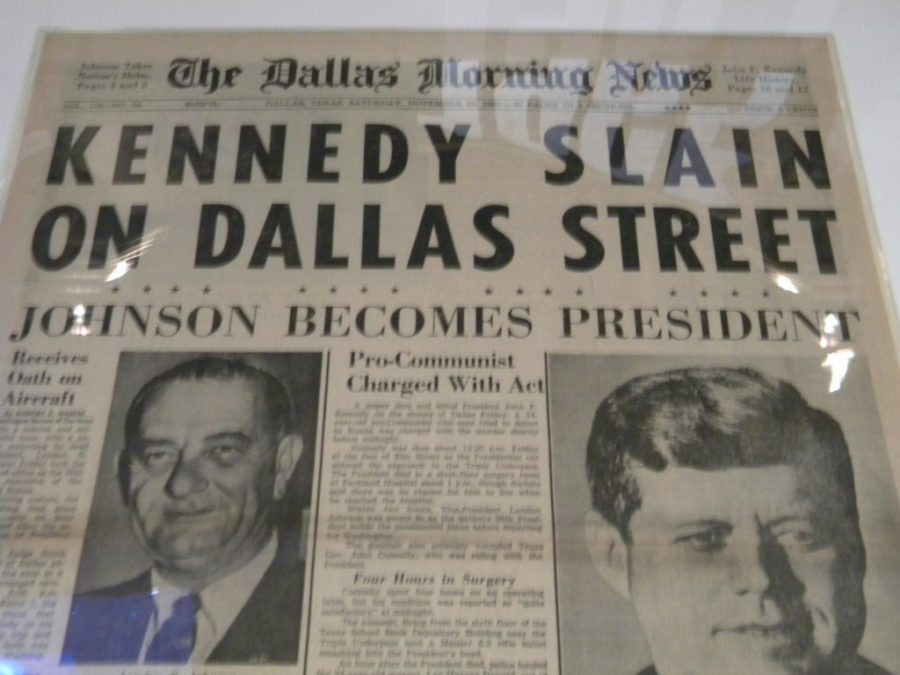JFK Assassination Files Released
Dec 13, 2017
In 1963, President John F. Kennedy was shot dead in Dallas, Texas. Nearly thirty years later, Congress passed a controversial law concealing all JFK’s assassination records and documents in one spot: The National Archives.
Early in October, President Donald Trump tweeted that he has plans to release the assassination documents to the public in full: “JFK Files are being carefully released,” President Trump tweeted. “In the end there will be great transparency. It is my hope to get just about everything to public!”
Almost 30 years after Kennedy’s assassination, congress enacted the President John F. Kennedy Assassination Records Collection Act of 1992, or the JFK Records Act. According to the National Archives, the act mandated that all material relative to Kennedy’s assassination was to be housed on a single collection in the National Archives and Records Administration.
There were already files on JFK’s assassination available to the public, but President Trump’s promise to release the remainder of the files would have completed an entire arsenal of information for everyone to read. However, this did not happen, President Trump quickly withdrew his statement saying that he would release all files other than those that could potentially damage or threaten national security.
WikiLeaks immediately issued a $100,000 reward for the withheld JFK documents “should they show violations of law, inefficiency, or administrative error.”
The newly released assassination records, now can be found in the National Archives, this has opened a new window of exploration to be found by anyone who looks for the information.
Mr. Steve Flickinger, a history teacher at WCHS who calls himself a “slave to evidence,” stated that “the less people know, the more people try to fill in the blanks.” Although there was only the one recording, Mr. Flickinger believes that given the old-school technology, there may have been warping or a mistranslation in the frames for the recording in comparison to real time.
Although not everyone is so enthusiastic about the release of these new files. John Edgar Hoover, the first director of the FBI, said “There is nothing further on the Oswald case except that he is dead.” In a memo, issued the day of Oswald’s death, he stated that the public must be led to believe that Oswald was alone in his efforts of assassination. “The thing I am concerned about, and so is Mr. Katzenbach, is having something issued so we can convince the public that Oswald is the real assassin”, J. Edgar Hoover said in reference to Nicholas Katzenbach, deputy attorney general of the time.
I guess you could say the JFK Records Act was finally trumped.








